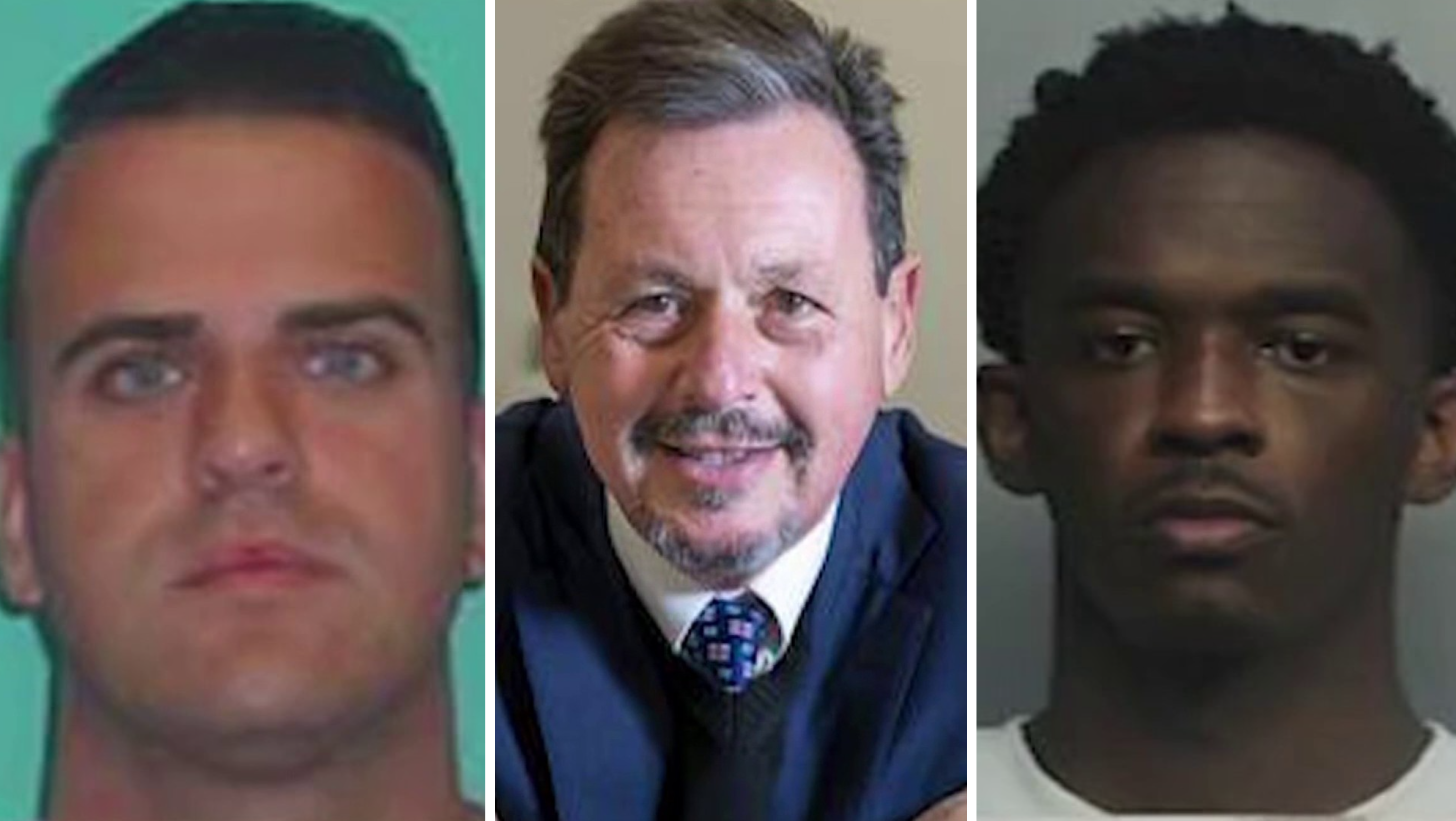There’s a group of Israeli reserve soldiers who live in South Florida and hang out together at a house in Hollywood. They go there to talk, to commiserate, and for group mental health counseling sessions.
All of them have already served combat tours in Gaza since Oct. 7, and now, after Iran’s missile attack against Israel, they’re expecting to soon be fighting again, this time on the border with Lebanon.
They saw the handwriting on the wall. After 11 months of relentless rocket attacks from the Iranian proxy group Hezbollah, including one that killed 12 kids playing soccer, Israel struck back and killed Hezbollah’s leader.
So the reservists knew Iran would retaliate, and they’re facing the reality of being in combat again.
The Hurricane season is on. Our meteorologists are ready. Sign up for the NBC 6 Weather newsletter to get the latest forecast in your inbox.
“Really, it’s about keeping your friends alive and keeping yourself alive,” said Eylan, who didn’t want his last name used.
The barrage of nearly 200 missiles fired from Iran is a clear signal to the guys at the house.
“I knew right away that it’s gonna change plans, I was supposed to go at the end of the month,” Eylan said.
Local
“Going through my mind is, honestly, a world of emotions,” said Aaron Rose, also an IDF reservist who was part of a commando unit in Gaza, acknowledging that he will soon be back with his unit.
“It is, for me it’s been inevitable, I’ve been thinking, we’ve always been thinking, month by month, it’s gonna come, it’s gonna be like, it’s gonna happen at any moment," Rose said. "At some point we just want it to happen so we can continue our lives. Living always with this impending doom over your head, knowing it’s gonna happen any day, it’s hard to continue moving on with life."
I asked him after this attack from Iran, if it feels like Israel is fighting an existential war to survive.
“It’s been feeling like that from the get-go, we’ve never had such a hard-hit attack,” Rose said, referring to the massacre committed by Hamas on Oct. 7.
The next day, on Oct. 8, Hezbollah started firing missiles at Israeli towns, and 8,000 rockets later, Israel struck back, then Iran retaliated.
“It kinda looks like Star Wars, the amount of rockets, you look up, blowing up all over the place,” said Yael Levontin told NBC6 from Jerusalem Tuesday night.
Levontin described ushering her kids into a safe room as the missile warning sirens went off, and then the relentless booms of the Iron Dome system intercepting rockets in the sky.
“I don’t know what’s gonna happen tomorrow – that’s how we’ve been in Israel since the 7th of October. I feel like it’s PTSD without the P, it’s still ongoing,” Levontin said, describing herself but also the mood of the entire country.
So what happens next? The reservists we spoke to expect Israel to do something dramatic, perhaps attacking Iran’s nuclear sites to prevent it from developing nuclear weapons.
No one knows for sure, and Israel’s response might be delayed by the start of the Jewish High Holidays. Rosh Hashanah starts Wednesday night, and without a doubt, there will be prayers for peace from synagogues all over the world.



